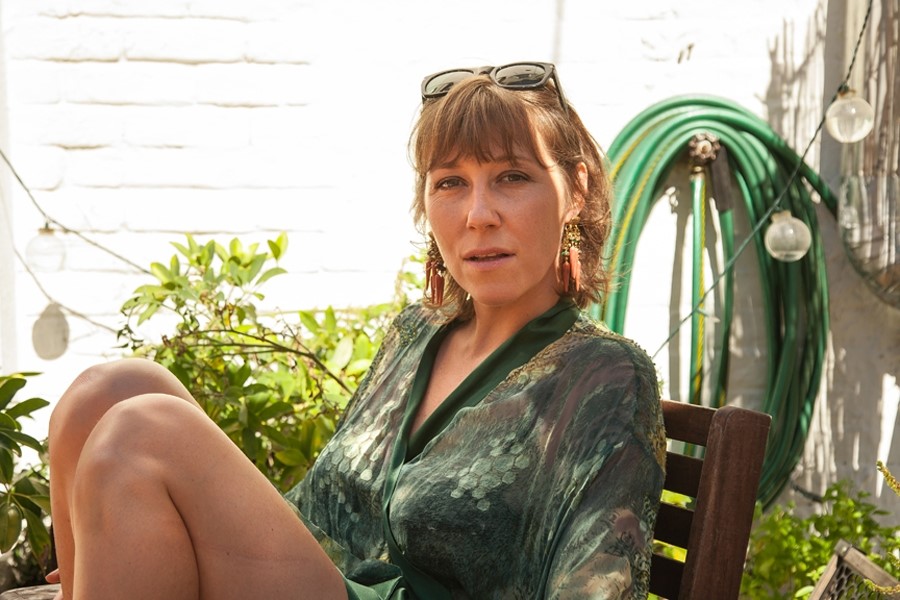In the four years since her last album of original songs, the New York chanteuse Martha Wainwright has experienced two of life’s most profound events almost simultaneously – the birth of her son and the death of her mother...
In the four years since her last album of original songs, the New York chanteuse Martha Wainwright has experienced two of life’s most profound events almost simultaneously – the birth of her son and the death of her mother, folk luminary Kate McGarrigle. Her new album is shaped from the emotional tension between these two life-changing events and the opposite ways in which they impacted her. Wainwright has already proved herself a chameleon-like singer of great sensitivity twice over: as the earnest performer of her own knowing folk songs, and as a vivid torch singer who released an album of Edith Piaf covers. Her new album, Come Home to Mama, which released last week, may be the most personal effort yet from one of our foremost confessional songwriters.
I recently visited Martha at her Brooklyn home to discuss the new album and the events that inspired it.
Come Home to Mama is your first album in four years, and it sprang from a period of deep change and intense feeling in your life, when your son was born and you lost your mother. Can you tell us more about how those two events inspired and informed this album?
I couldn't pick up the guitar for a few months after my mother died, because it was too sad. But after the baby, who was born premature, seemed stronger and in good health, I hired a babysitter to come for a few hours a day so that I could start writing songs again and be the person I was before all this stuff happened in such an extreme way. I ended up, not surprisingly, with some sad and angry songs as well as some joyful moments. It is a very personal record but also one that talks about death and life, which are universal.
"It is a very personal record but also one that talks about death and life, which are universal."
One song on the album, Proserpina, your mother's last written song, has already gained a lot of attention. Why did you want to perform this song and what was the process of recording it like for you?
I recorded that song soon after she died as a way to stay as close to her as possible. It became clear when I was making this record that it could serve as the cornerstone of the album expressing death and rebirth so beautifully and eloquently.
The video for Proserpina was shot by Matthu Placek. How did the two of you come to work together, and what was your collaborative process like in terms of determining the style of the video?
Matthu wanted to make a video for this song, and he convinced me to do it. I knew Matthu through other friends and he seemed really inspired to work on this song. He always shoots in one take, so that limits, to an extent, what can you do. We felt the seasons, and their changing seemed, the most true and clear expression of the song.
Yuka Honda produced the album. What was it like working with her and how did that come about?
I wanted to work with another artist and a woman. It was actually my husband’s idea, because he knows my music so well, having produced my first two records. I knew I wanted to do something more keyboard-based and from left field so it seemed a good match. We've always been fans of each other.
Come Home to Mama is out now on Cooperative Music.
